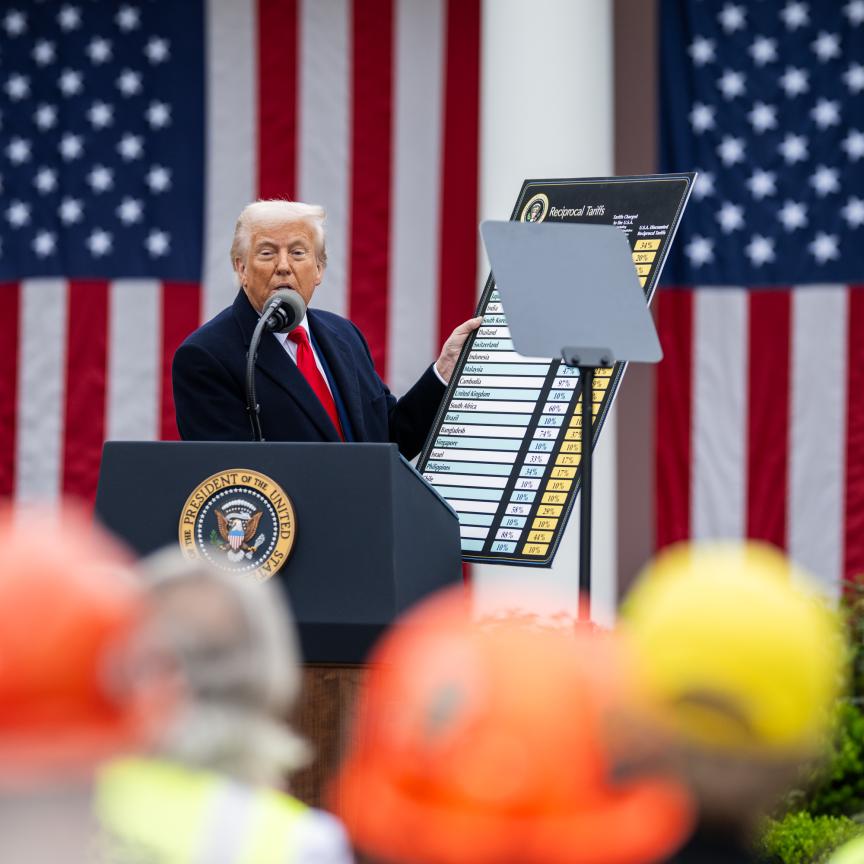Voyant Photonics, a firm creating a new category of lidar sensors machine perception, has raised $15.4m in a Series A funding round.
The firm’s lidar systems contain thousands of optical components fabricated on a single semiconductor chip, which it says radically reduces the size and manufacturing complexity of lidar.
According to Voyant, this will enable its customers to integrate an effective and exponentially more scalable lidar system than previously possible.
‘Lidar is a key technology to enable 3D vision across many industries including transportation, robotics, industrial automation, and consumer electronics,’ the firm said in its announcement of the successful funding round. ‘Voyant's lidar chips pave the way for large-scale adoption of 3D sensing in the same way that CMOS image sensors enabled the accelerated growth of digital photography.’
By leveraging commercially available and scalable semiconductor fabrication processes that combine thousands of optical and electrical components onto a single chip, the firm is able to mass-produce a frquency-modulated continuous-wave (FMCW) lidar system similar to how computer chips are made.
Co-founders Chris Phare and Steven Miller had been working on lidar chips for years at Columbia University's Lipson Nanophotonics Group when they decided to commercialise their technology and launched Voyant Photonics.
Miller and Phare's unique insight was to apply the silicon photonics technology used for optical data communications, the same technology that has made high-performance data center fibre optics affordable.

Voyant Photonics' Sparrow chips combine a multi-channel FMCW optical processor with 2D digital beam steering. This enables a wide range of region-of-interest scanning options within its field-of-view.
‘When you fabricate a lidar system on a chip, the fabrication cost stays the same regardless of how many components you use,’ said Phare. ‘We will soon be selling lidar systems for a few hundred dollars and longer-term will sell them for less than a hundred dollars at scale.’
Voyant Photonics' devices comprise a complete lidar system in a field-deployable package, using the firm’s techniques for on-chip digital beam steering, optical signal processing, and laser control.
'When we started on our mission to make lidar a ubiquitous technology for machine perception, a lot of people said silicon photonics was not ready to leave the lab,' said Miller. 'Our successful first milestones prove that we can build a complete lidar solution that meets industrial needs, using silicon photonics, and deploy it anywhere.'
'Now that we can make lidar systems on semiconductor chips, we can make them better and less expensive with every development cycle, similar to Moore's Law for computer chips,' added Phare. 'While the excellent performance of our first lidar chips surprised even us, this is just the beginning. Just like with computer chips and camera sensors, every design iteration will get better.'
The Series A funding round was led by UP Partners, with participation of earlier investors LDV Capital and Contour Ventures.
'Ubiquitous 3D vision is critical to enabling the transformation of the world of transportation and beyond,' said Ben Marcus, managing partner of UP Partners. 'We are honoured to partner with the Voyant team who is the leading innovator in the field. Their solution will leapfrog all competitors and deliver a scalable solution to enable 3D vision.'
'I am so excited with the progress we have made. Our team has accomplished so much, and now we are delivering the first lidar systems of their type powered by an integrated photonic chip,' said Peter Stern, CEO of Voyant. 'Our diverse customers in robotics, AGVs, mobility, industrial automation, and security all have one thing in common - they are building solutions that need to understand the world around them… That is what our lidar systems provide.'


